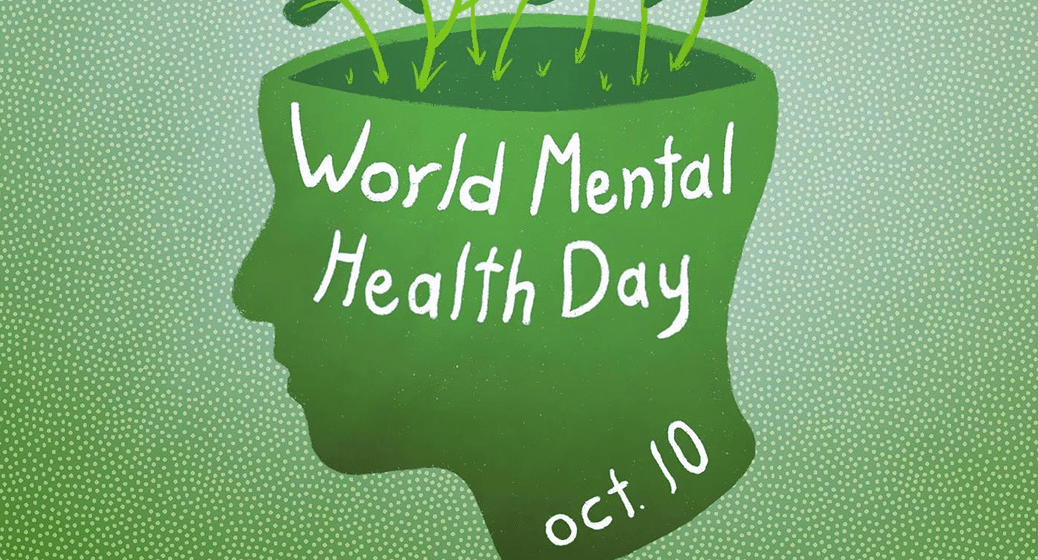
Today is World Mental Health, and I thought what’s a better topic to write about than self-compassion. Buddha said “love yourself, and the rest will follow” but why are we not wired or taught to do this effortlessly?
Self-compassion is defined as being warm and understanding toward ourselves when we suffer, fail, or feel inadequate, rather than ignoring our pain or flagellating ourselves with self-criticism.
Self-compassion is often lacking when someone lives with social anxiety disorder (SAD). While others may easily let mistakes that they make go, you are more likely to hold on to those memories and relive them each time you are faced with another social or performance situation. Low self-compassion can also relate to perfectionism: People who feel they must be perfect all the time tend not to be forgiving of their own failures and may only feel worthy of love, acceptance, and respect when they achieve success.
Practicing self-comparison can help you recognize that being imperfect and experiencing life’s challenges is inevitable:
Benefits of Self-Compassion
- An increase in overall well-being.
- A boost in feelings of self-worth and resilience.
- Higher emotional intelligence.
- Greater overall satisfaction in life.
- More social connections.
- Decreased anxiety, depression, and fear of failure.
- Increased motivation to improve on mistakes.
- Improved body image.
Developing the ability to be compassionate towards yourself, or strengthening this aspect of who you are, takes time, so here are some tips:
- Talk to yourself like someone you love.
- Catch and replace judgmental thoughts.
- Use validation to increase self-compassion.
- Putting self-compassion into practice with loving-kindness/metta meditation.
Individuals who are more self-compassionate tend to have greater happiness, life satisfaction and motivation, better relationships and physical health, and less anxiety and depression.
HAPPY WORLD MENTAL HEALTH DAY!
Keep Reading
Want more? Here are some other blog posts you might be interested in.








